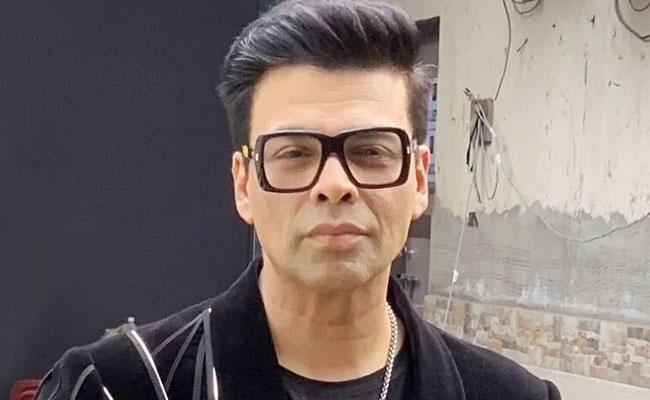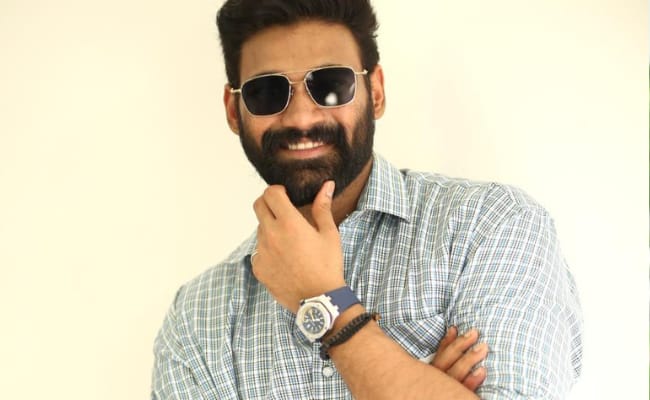In a significant legal development, renowned filmmaker Karan Johar has filed a plea in the Delhi High Court seeking protection of his personality rights. This move follows similar actions by Bollywood power couple Aishwarya Rai Bachchan and Abhishek Bachchan, who have also approached courts to safeguard their personal identities and reputations.
Johar, a pivotal figure in shaping contemporary Indian cinema, initiated the legal action amid concerns over the unauthorized use of his name, image, and likeness across media and promotional platforms. The plea aims to establish formal safeguards that prevent exploitation and ensure his public persona is not misrepresented or used without consent.
The issue of personality rights has gained increasing prominence, particularly among public figures facing challenges from unauthorized endorsements or misappropriation of their identities. Johar emphasized that his identity as a filmmaker is a valuable professional asset and any unauthorized use could dilute the brand he has meticulously built over decades. Legal experts note that the court’s decision could set a crucial precedent for protecting personality rights under Indian law.
“With the rapid proliferation of digital media and social platforms, the potential for misuse of public figures’ identities is substantial,” said one legal analyst. “Karan Johar’s case underscores the necessity for robust legal protections in an era where content spreads quickly and boundaries of consent are often blurred.”
The precedent set by the Bachchans’ earlier legal actions highlighted the complexities involved in safeguarding celebrity identities in India, where personality rights have historically lacked comprehensive statutory recognition. Johar’s plea may further clarify legal interpretations and strengthen enforcement mechanisms, benefiting public figures across industries.
As the Delhi High Court prepares to hear the case, the outcome could have far-reaching implications for the entertainment sector. A favorable ruling may encourage other celebrities to seek judicial protection for their images, while also prompting greater awareness about the value of personal branding and identity rights.
The growing attention to personality rights reflects broader societal changes in attitudes toward privacy and professional identity. As media landscapes evolve, legal frameworks are increasingly being challenged to adapt to the needs of high-profile individuals.
For now, all eyes remain on the Delhi High Court, as Karan Johar’s plea may not only influence the future of his personal brand but also shape the legal discourse surrounding celebrity rights in India.



